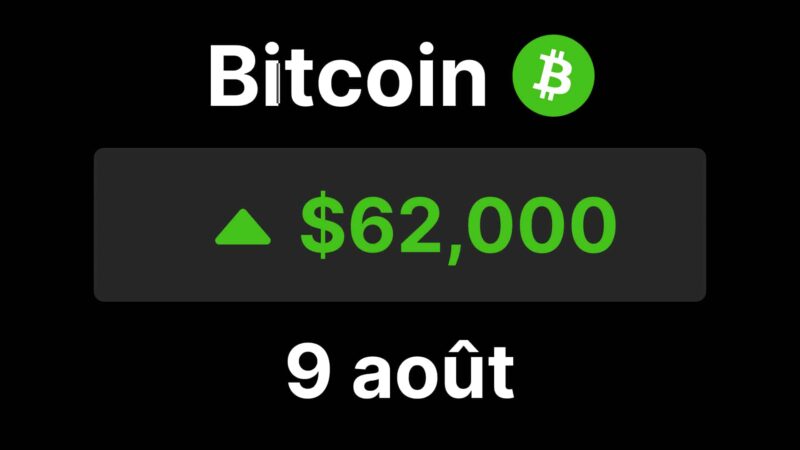Regulations surrounding the use of Bitcoin (BTC) in the United States have been unclear for some time now. As a result, many cryptocurrency firms have begun moving BTC to offshore and international exchanges.
Offshore Exchanges Gaining Popularity
According to a recent report from CryptoQuant, BTC reserves held on US-based exchanges have reached levels not seen since 2017. This decline in BTC reserves can be largely attributed to the fact that regulations are not clear enough for American crypto businesses.
Regulators are taking an enforcement-based approach, driving crypto firms to set up in jurisdictions where there are clearer rules and regulations. The European Union (EU) and Hong Kong are two such locations that have recently attracted a significant amount of investment and attention from the digital asset industry.
In particular, Hong Kong has stated that it would adopt the “same activity, same risks, same regulation” principle for entities similar to traditional financial institutions. This statement has been especially attractive to crypto firms looking for a more stable regulatory environment to operate in.
Many crypto exchanges have left the US altogether, while others have stopped providing certain products or services due to regulations that have been seen as overly strict or unnecessary. All of this has resulted in a loss of market share for the US, particularly in the field of digital assets.
Over Half of BTC and ETH Held Outside the US
Aside from the decline in BTC reserves held by US-based exchanges, ether (ETH) reserves have also been steadily declining. Currently, about 56% of ETH held on exchanges is outside of the United States.
International crypto exchanges are also gaining in popularity, with trading volumes that are four times greater than those of US exchanges. The dominance of US-based exchanges in spot trading volume has fallen below 2017 levels and currently stands at just 21%.
American crypto exchanges have very little exposure to perpetual futures trading markets. This is because firms are not allowed to offer the service due to strict regulations. In contrast, Asia has seen spot and futures trading volume growth of up to 30% and 20%, respectively.
Regulatory Uncertainty Driving Crypto Businesses Offshore
The market cap of US-based stablecoins has also fallen by 35%, losing $15 billion so far in 2023. All of these factors combined mean that US regulators need to provide clearer guidance on the use of digital assets if the US is to remain a dominant force in the crypto industry.
At present, the US remains the world’s leading player in Bitcoin mining. However, this position could be threatened if the regulatory environment in the US does not improve. The government has already targeted miners with the possibility of higher taxes, which could further drive digital asset firms offshore.




